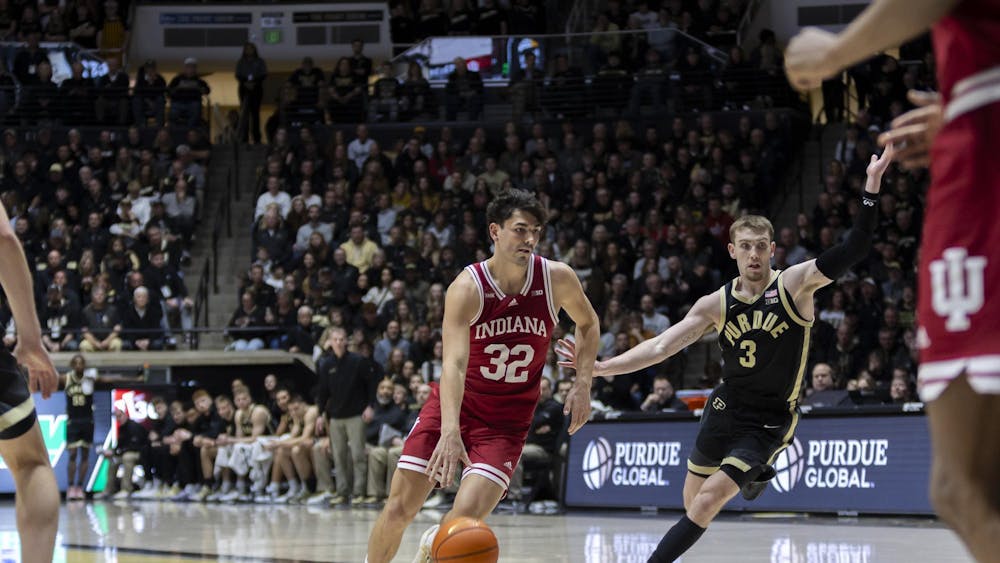Svetlana Kolesnik has some questions for the Russian government. Those questions concern the organization of the media and the controls the Russian government exerts over the press. \nAs director of the Foundation for Information Policy Development, Kolesnik's primary concern is the burgeoning system of Russian regional media, which she believes should take a more active role in presenting the news the people in the regions need rather than the news the government wants them to know. Kolesnik's foundation is a nonprofit organization whose purpose is to contribute to the introduction of contemporary democratic principles in the formation of information policy. The organization focuses on the regions of the Russian Federation and tries to attract the media to actively participate in this process, according to the foundation's Web site, www.frip.ru.\nAs part of her two-day visit to Bloomington, Kolesnik spoke with the Indiana Daily Student about her work and the current media environment in Russia.\nToday's Russian journalists find themselves in a whirlpool of well-defined roles tightly controlled by the government, Kolesnik said in Russian. Because most media outlets do not have the expertise to acquire funds through advertising, they depend largely on government subsidies, she said. Kolesnik said she sees a compromise between the private and public interests, but the Russian government has been reluctant to let go of its control of the media. Kolesnik would rather see a system where the government would give grants to media outlets, but an intermediary -- an executive board, for example -- would take care of distributing that money, she said. Russia boasts more than 35,000 regional newspapers, which are almost entirely under governmental control.\n"To what extent do these newspapers serve the interests of their audience?" Kolesnik said. "At this moment, they are still instruments with whose aid the regional government controls the flow of information to the citizens."\nKolesnik also noted the Western perception that all news throughout Russia concentrates on events in Moscow, which is also a common view among Moscow-based journalists. It is rash to think so, Kolesnik said, especially because she believes everything happens in the regions. Regional news influences the policy-makers in the capital, she said.\nRussian television is also state-owned and managed either directly or through subsidiaries, Kolesnik said. Because Russia occupies 13 different time zones, it is nearly impossible for Moscow newspapers to reach their regional audiences the same day. In some of the more remote areas, mail might arrive every three or four days for a week's worth of newspapers, and print media subscriptions are pricey. Because of this, television provides both local and national news throughout the country, Kolesnik said. But she hopes television, just as print media, will find itself outside the government's sphere of control through legislation and private efforts.\n"One of the main problems with Russian media today is a lack of definite expectations," Kolesnik said. "The government must first formulate its priorities and goals when it comes to the media and their audiences."\nKolesnik was in the United States as a guest of the Department of Media Studies at Belmont University in Nashville, Tenn. and discussed presidential elections and the media from a global perspective at a seminar. Kolesnik is also director of the School of Journalism and Media Management at the National Press Institute of Russia and a faculty member at Moscow State University's journalism school. She was instrumental in helping conduct a study for Russian and American journalists published in 1992 by IU School of Journalism professors Owen Johnson and David Weaver, Johnson said. Kolesnik is currently writing a chapter for Weaver's upcoming book on journalism research in Russia today.\n-- Contact Copy Chief Jane Charney at echarney@indiana.edu.
Analyst: Russian media must become private
Get stories like this in your inbox
Subscribe





